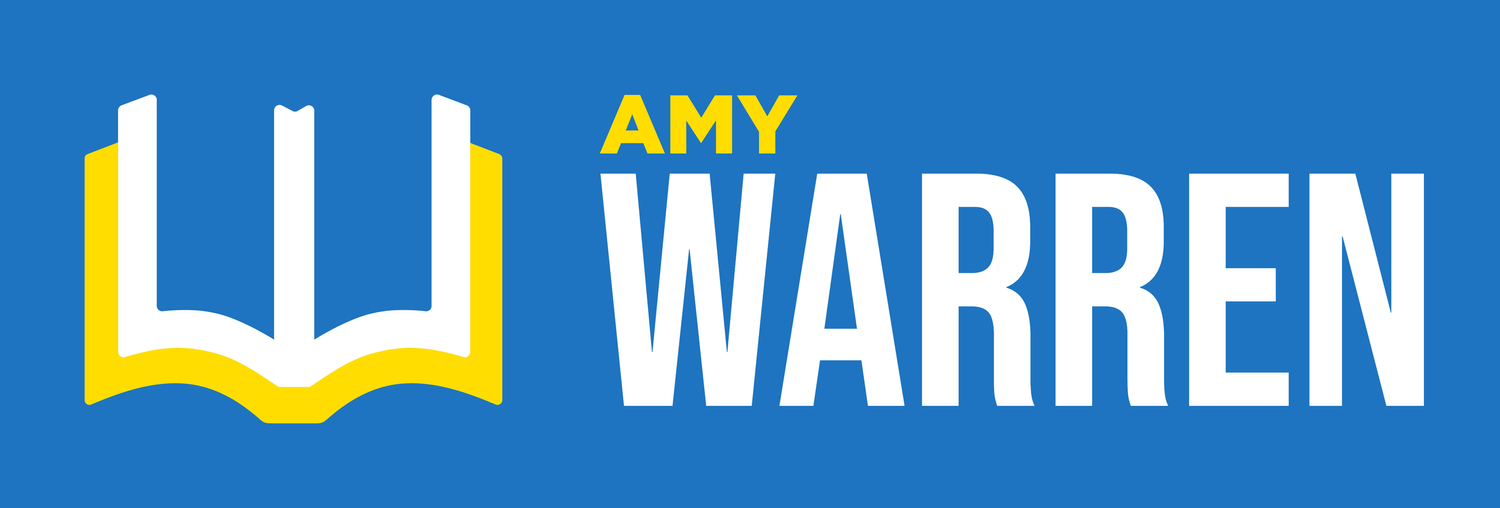Platform issues
Each student and family bring their own vision of what they want and need from their public school. I want to hear what is important to you! Connect with me today to share your point of view!
In addition to gathering feedback on issues that our neighbors and community members care most about, I’ll focus on polices that strengthen Wichita Public Schools by promoting a distraction-free learning day, supporting a safe and supportive environment for teachers and staff, supporting sustainable budget solutions that prioritize neighborhood schools and small class sizes, and encouraging an early love of learning and strong foundations for literacy.
Distraction Free Schools
Neighborhood schools & Sustainable funding
Real education for all students means we capitalize on the variety of magnet and neighborhood school options to offer education that ignites a deep love of learning and connects students with their city. There’s no question that the school closings of the past couple years have taken a toll on the community. Schools are built as the hub and heartbeat of the neighborhood. Our future plans should not be a tipping point for a community to move towards disrepair or disconnection. We can prioritize decisions that maintain a safe place for communities to play, learn and grow for the locations that have been closed. We can develop future Facilities Master Plans that maintain neighborhood schools and better reflect the needs and values of a community, taking into account the economic influence that a school closing can impose. Future considerations should favor small class sizes (which have been shown to be better long-term investments with stronger academic outcomes) and preserve the personality of the neighborhood in which they are situated. Especially in our urban district, we can identify solutions that offer state-of-the-art education without losing the history and character that make Wichita schools special. Transparency must be increased for future plans as well.
I will champion future bond proposals and funding efforts that address needs from WPS families as well as the community at-large. I believe public funds need stay within the public education system; investment in public schools contributes directly to the future strength of our city! We need to show students and staff that we believe in the importance of public education and provide sustainable funding for programs and services, especially in the midst of uncertain state and federal funding. I want support the district as they look for innovative opportunities to create community-supported schools and partner with the organziations already caring for Wichita’s children.
Resources
Valued staff & Open feedback
Real education means focused learning environments. Distraction-free schools are possible. Throughout Kansas and the nation, school districts are implementing policies that support attention in the classroom and social development—while WPS continues to struggle with personal electronic devices taking students’ focus away. We don’t have to reinvent the wheel. We can change our current policies to get back to effective, distraction-free education.
The role of technology in schools is all about balance. While we focus on research-backed solutions for reducing ineffective screen-based technology, we need to maintain and expand access to beneficial learning technology, especially for students with exceptional needs. Instead of rolling out the welcome mat for EdTech companies and products that promise “engagement”, all the while commercializing our kids and harvesting their data, we can focus on foundational skills like typing and digital citizenship. Students need opportunities to learn about emerging technologies, like Ai, without outsourcing their ingenuity, imagination, reflection, and collaboration in return for simplicity, ease, and, frequently, gross inaccuracies.
I support policies and curriculum that build cognitive and social skills that align with how kids actually learn—most of which is more effective when not on a computer.
Resources:
Phone Free Schools Movement Administrator Toolkit
Distraction Free Schools Policy Project
Screen Deep Podcast: Ai’s Impact on Children’s Social and Emotional Development
Real education for all means we provide safe learning environments, not just for students, but for staff as well. I believe our schools will be better when we support the teachers and staff serving our children every day. Nothing controversial there. Let’s push our district further. One of the concerns I hear from teachers is that they want more support from their administration and district leadership. We need more chances for open dialogue, feedback opportunities that allow teachers to direct the conversation, and an increase in participation from teachers and support staff on committees and in meetings influencing school policies and decisions.
WPS staff deserve to experience the same strong sense of safety and belonging that we advocate for with our students. I value the different backgrounds, cultures, viewpoints and experiences brought by the staff that walk our halls and guide our children. They deserve a place where they feel safe teaching and their individuality and unique skills are valued. Making sure our teachers are free to engage with students and connect can lead to academic improvements and increased student engagement.
Resources
Strong foundations for learning and literacy
Real education for all students means we give them the foundation for a strong start. Our youngest learners are facing a steaper road at the beginning of their educational journey than before. Teachers report mounting challenges with attention, self-regulation, and fine-motor skills. And success in early years has an outsize effect on future academic success.
We have the resources and research we need to make a difference. Let’s expedite the move towards more free play in elementary schools, which some WPS schools have piloted over the last couple years. Our youngest learners have brains and bodies that want to learn with active play, sensory experiences, lots of printed books, and face-to-face interaction. Teachers deserve support and resources educating students in ways they’re wired to learn. Community partnerships and coordination with like-minded organizations that want to come alongside families in preparing future WPS students can make our district stronger.
Basic reading skills also need focus for these young learners. A key WPS benchmark for literacy shows a majority of our 3rd graders read below the level of proficiency. Past 3rd grade, it is difficult to transition from learning to read to reading to learn, so this is really a tipping point in their education. While scores have recently improved, students deserve more from their district. I’ll support resources and policies that focus on print materials and bringing more books in classrooms (throughout upper grades as well). Print learning materials and handwriting have been shown to provide deeper retention for students and give them a chance to synthesize content into deeper thoughts and ideas.
Resources




